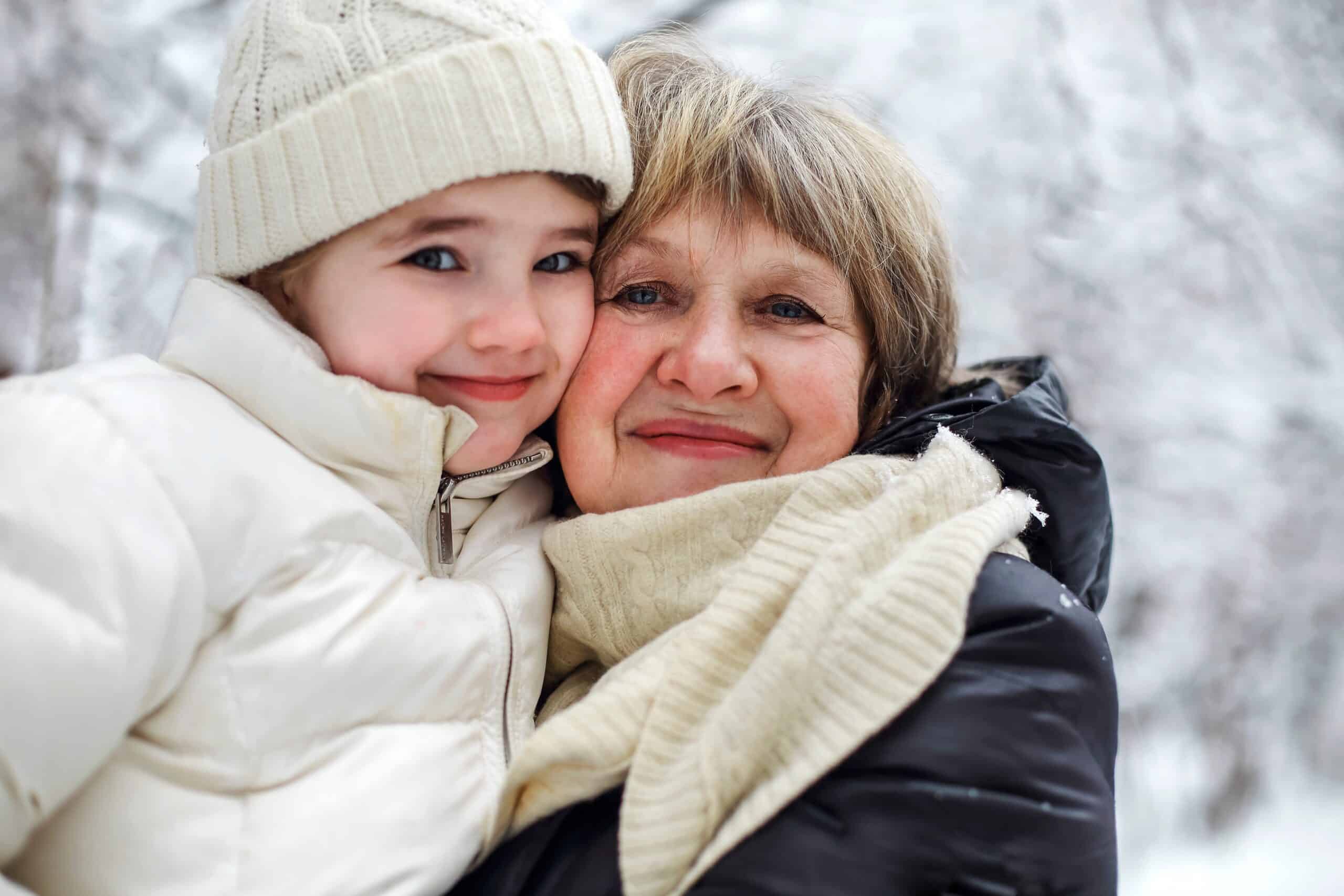If you care about someone with dementia, you know that the disease is challenging no matter the time of year. But winter can be especially dangerous for those with memory loss due to Alzheimer’s or other types of dementia. Why? Here are several reasons.
The Elements
Some individuals with dementia tend to wander or can get confused and lost – even in an area they know very well such as their own small town or neighborhood. This is even more concerning when the temperature gets below freezing, as the elements make being outside much more dangerous. Being too exposed to cold can quickly turn deadly. Frostbite and hypothermia are concerns to take seriously and can set in quickly depending on the temperature and whether someone is dressed properly for the weather, something that folks with dementia often have difficulty doing. Icy conditions can affect us all. Slip and falls are common, and can cause sprains, fractures and even back, spine and head injuries. When you’re older, you’re usually less steady on your feet, causing your fall risk to increase.
Less Natural Daylight
In the winter, we experience fewer hours of sunlight, making many of us more tired and agitated as we’re spending increased time indoors. Decreased sunlight can cause people to experience seasonal depression. Lack of light can also lead to increased confusion for those with memory loss. It can affect their daily routine, sleep schedule and can mess with their natural body clock. Because it gets darker earlier, they may naturally want to go to bed earlier, which can cause sleeplessness in the middle of the night, leading to being tired and grumpy in the morning.
Dangerous Warming Methods
Winter brings colder temperatures, and there are all sorts of methods to make it warmer inside your home. Some aren’t dangerous – adding an extra layer of clothing, cuddling up in a warm and cozy blanket or turning up the thermostat a few degrees. Other tactics can be very dangerous – particularly electric blankets and space heaters. These items really aren’t safe for someone with dementia to use on their own. Space heaters are a fire hazard and electric blankets can be too – and they can potentially cause burns for someone older whose skin has thinned. At minimum, these items should turn off automatically after a certain amount of time. Fireplaces can also be a concern. No matter what type – gas, electric or natural, different dangers are present, including carbon monoxide, woodsmoke and more. Even a heating pad or a microwavable bed buddy can be hazardous.
Increased Isolation
Colder temperatures make it tougher to get outside, affecting mood, activity-level and more. Staying inside for a long length of time can build up anxiety and restlessness – something that most individuals with dementia struggle with anyway! And as humans, we have social needs, and interaction with others is essential to good health. If you’re worried your loved one is isolated and lonely, make every effort to spend time with them. Or put together a schedule of family and friends that take turns checking in on them. If this is not feasible, look into a day stay program where they can have fun, be social and participate in activities that may help ease the feelings of isolation. If you’re going to be out of town, look into a respite stay, where trained caregivers can provide great care for your loved one while you’re traveling, working or unable to visit as much because of the weather.
Many CountryHouse communities offer day stay and respite stay services and even a temporary “winter stay” promotion! Learn more at countryhouse.net/winterstay or contact us to learn more.




